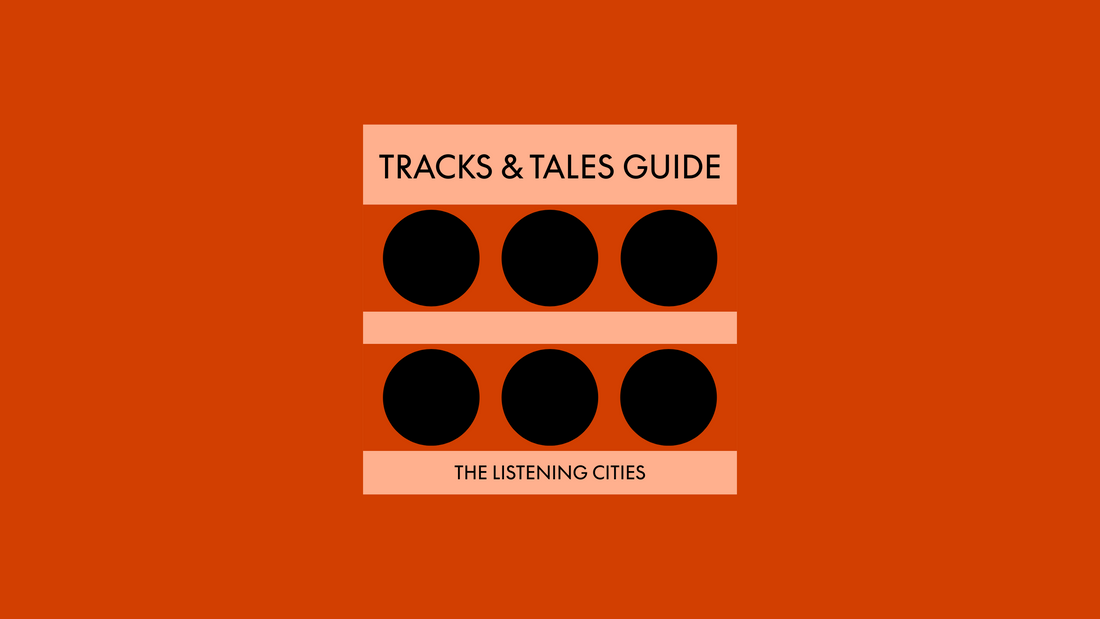
Cape Town: Listening Bars — Ocean Light, Jazz Roots, and Sonic Sanctuary
By Rafi Mercer
Cape Town is a city of edges. The Atlantic crashes against rocky shores, Table Mountain looms as a backdrop to daily life, and the streets pulse with layered histories — colonial, African, Malay, European. Its soundtrack has always been plural: Cape jazz born in District Six, ghoema rhythms echoing through carnival parades, house music shaking townships and clubs alike. Against this landscape, the listening bar emerges as both continuation and counterpoint: a space where sound is distilled, focused, honoured.
The roots lie in Cape Town’s jazz tradition. Musicians like Abdullah Ibrahim and Hugh Masekela carried the city’s sound to the world, while local venues kept the music alive even during apartheid restrictions. Vinyl played a central role in this lineage, treasured and circulated despite scarcity. Record shops like Mabu Vinyl sustained collectors, their crates feeding DJs who carried Cape Town grooves to global dancefloors. The listening bar now builds on this devotion, reframing it for intimacy rather than scale.
Among the most noted is Select, a hi-fi bar and gallery space where vinyl, cocktails, and art converge in the heart of the city. Its system is tuned for warmth, carrying everything from Cape jazz to Afrobeat to deep house. Botanica offers a more tropical modernist take, its interiors lush, its playlists eclectic. Smaller spaces in Woodstock and Observatory experiment with the format — often doubling as cafés or galleries by day, hi-fi rooms by night.
What distinguishes Cape Town’s listening bars is their blend of history and openness. Rooms are intimate, often design-led but relaxed. Systems mix vintage gear with modern amplifiers, producing sound that is warm and enveloping rather than clinical. Patrons gather for drinks — craft beer, South African wine, cocktails — but the atmosphere remains attentive, music at the centre.
Curation reflects Cape Town’s hybrid identity. Local jazz and ghoema rhythms share rotation with Nigerian funk, Brazilian samba, Detroit house, and UK electronica. Selectors move fluidly across continents, mirroring the city’s role as a global port and cultural crossroads.
Globally, Cape Town matters because it shows how the listening bar resonates in African contexts with deep musical heritage. Here, fidelity is not just about sound but about memory — preserving and reframing traditions shaped by resilience and creativity.
Sit in Select on a summer night, glass of pinotage in hand, as an Abdullah Ibrahim record folds into a Theo Parrish cut, and you understand Cape Town’s voice. Listening here is not escape but connection — across histories, across oceans, across time.
Rafi Mercer writes about the spaces where music matters. For more stories from Tracks & Tales, subscribe here, or click here to read more.














